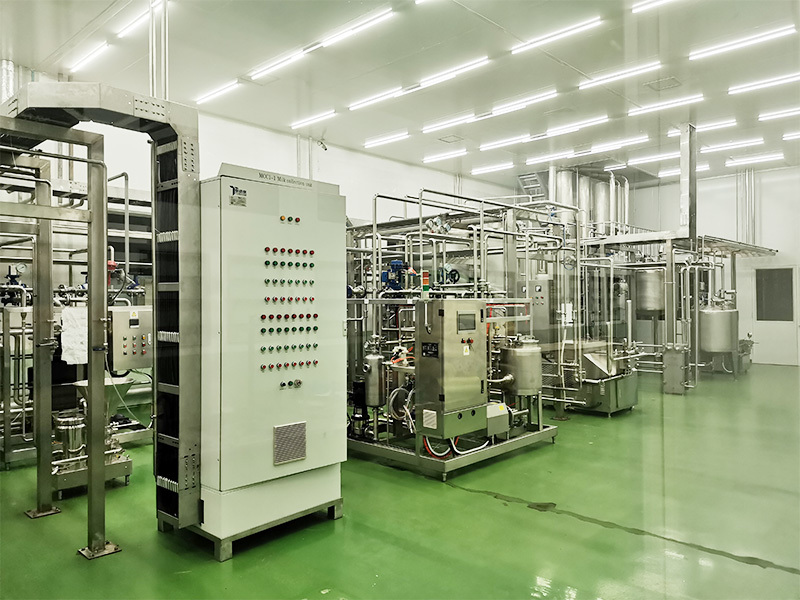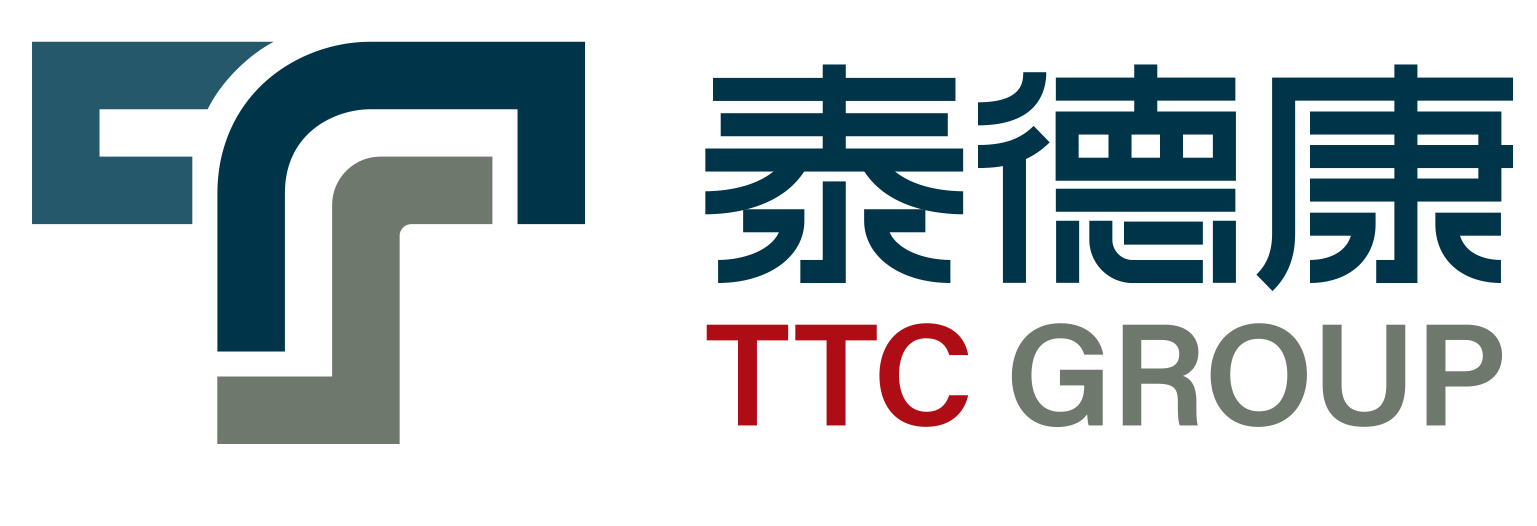
Yogurt
Tidecom Group adheres to the business philosophy of "creating value for customers and innovating life with technology", integrates global industry resources, continues technological research and development innovation, and is guided by market customer needs, providing customers with more cost-effective products and services.
Yogurt is a pH-reduced dairy product made from raw cow's (goat's) milk or milk powder that is sterilized and fermented. It mainly includes kefir, flavored kefir, flavored Yogurt. If raw cow's (goat's) milk or milk powder is used as raw material, the product made by sterilization and inoculation with streptococcus thermophilus and Lactobacillus bulgaricus (Lactobacillus delbrueckii bulgaricus subsp. bulgaricus) fermentation is yogurt. If more than 80% of raw cow (goat) milk or milk powder as raw material, add other raw materials, after sterilization, fermentation, pH value is reduced, before or after fermentation, with or without the addition of food additives, nutrient enhancers, fruits, vegetables, grains and other products made of Yogurt is the flavor. If more than 80% of raw cow (sheep) milk or milk powder as raw materials, add other raw materials, by sterilization, inoculation of Streptococcus thermophilus and Lactobacillus bulgaricus (Lactobacillus delbrueckii bulgaricus subsp. delbrueckii) fermentation before or after the addition of food additives, nutrient fortifiers, fruits, vegetables, grains, etc. The products is the flavor of sour milk.
Category:
Keyword:
Auto Interior | Plastic Parts
Solution Description
The main processes are the following: raw milk acceptance - clean milk - standardization of ingredients - sterilization - inoculation and fermentation - demulsification - cooling - filling - temperature reduction storage - Inspection.
Raw Milk Acceptance: Testing and judgment of raw milk for all conventional and hazardous indicators.
Milk purification: Filtering and centrifuging of raw milk that has passed the test by using filters and milk purifiers to remove impurities.
Ingredient standardization: using a special ingredient system to fully proportion and mix the various auxiliary ingredients according to the recipe (except yogurt).
Homogenization: The homogenizer is used to further disperse and dissolve the various nutrients in the homogeneous mixture. The homogeneous dispersion of fats makes the product more stable.
Sterilization: Use special sterilizer to sterilize the material liquid to meet the inoculation process requirements and microbiological safety standards.
Inoculation fermentation: add strains for fermentation according to the specified inoculation ratio and requirements.
Demulsification: After the fermentation acidity reaches the specified standard, turn on the stirring to work.
Cooling: When the demulsification is completed, the Yogurt will be cooled down by special cold plate to terminate the fermentation in tanks.
Filling: Dispensing into different specifications according to customers' requirements.
Temperature reduction storage: The packaged products are moved to cold storage for further cooling and storage.
Inspection: Sampling and testing ensure the products complying with national and enterprise standards.
.
Related Products







